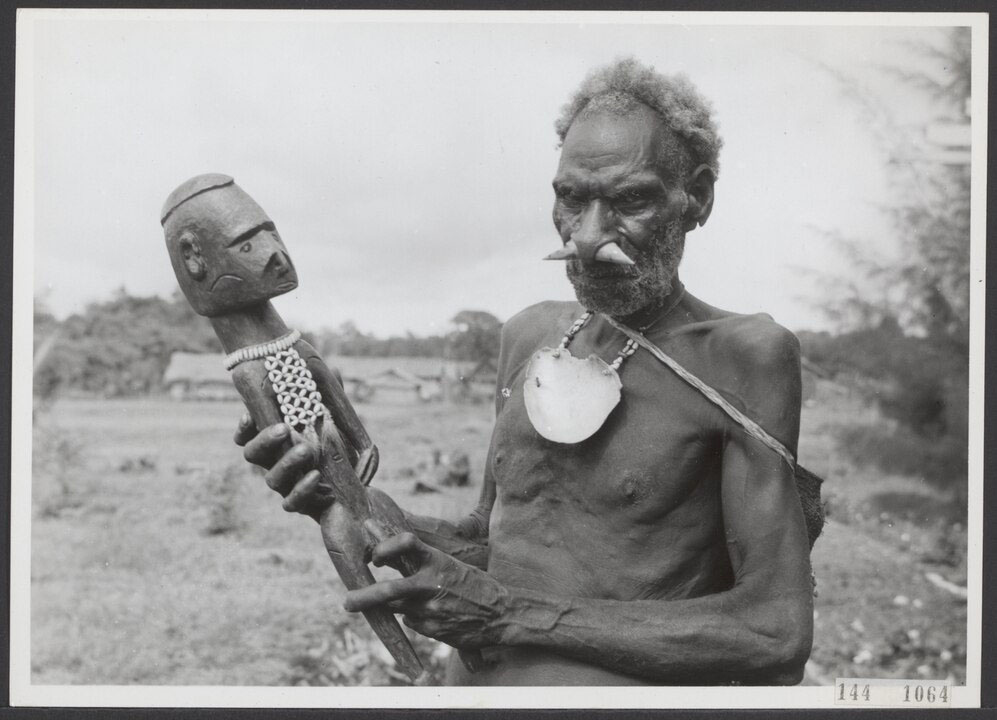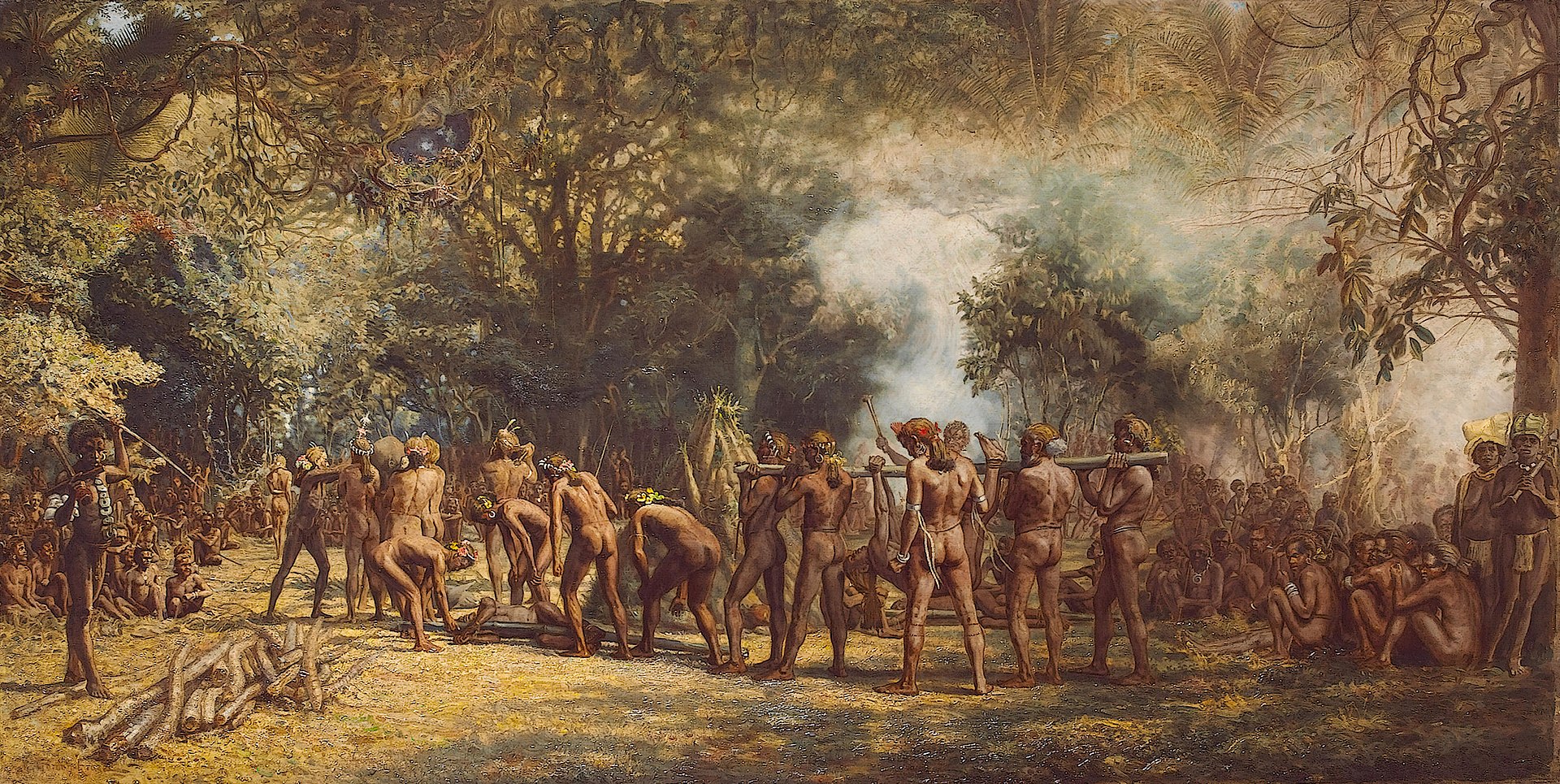Human cannibalism, also known as anthropophagy, is the practice of consuming the flesh or organs of other humans. This practice has deep roots in human history and has taken different forms across various cultures.
Origins and Explanations of Human Cannibalism
The motivations behind human cannibalism are diverse and vary depending on historical and cultural contexts:
Religious and Spiritual Rituals: In some cultures, cannibalism was an integral part of sacred ceremonies. For example, the Aztecs practiced human sacrifice, followed by the ritual consumption of the victims' flesh, believing it was a way to communicate with the gods. (theweek.com)
Warfare Motivations: Some tribes consumed the flesh of defeated enemies to absorb their strength and courage. This type of cannibalism was often symbolic, representing dominance over the enemy. (anthroencyclopedia.com)
Survival Cannibalism: In extreme situations such as famines or shipwrecks, human cannibalism was practiced as a last resort for survival. A well-documented case is that of the Jamestown settlers in the 17th century, who resorted to cannibalism during periods of severe starvation. (research.colonialwilliamsburg.org)
Funerary Rites: Some cultures practiced endocannibalism, consuming parts of their deceased relatives as an act of respect or to keep their essence alive within the community. The Wari' people of the Brazilian Amazon followed this practice until the 1960s. (britannica.com)
It is important to note that accusations of cannibalism have sometimes been used to justify discrimination or demonization of indigenous populations, fueling stereotypes and prejudices. (anthroencyclopedia.com)
The Last Known Cannibal Tribes of Our Time
Although human cannibalism has almost entirely disappeared in modern times, some testimonies indicate that it persisted until recent decades in a few tribal communities:
Korowai of New Guinea: The Korowai people, an indigenous group in Western New Guinea, were among the last known cannibal tribes. Their practice was linked to the belief in "khakhua", evil sorcerers held responsible for unexplained deaths. Cannibalism served as a form of justice against these sorcerers. However, recent studies suggest that such practices have now ceased. (smithsonianmag.com)
Asmat of West Papua: Historically, the Asmat tribe was known for headhunting and cannibalism, believing they could absorb the spiritual power of their enemies through flesh consumption. These practices were abandoned in the 20th century due to external influences and the spread of new religious beliefs. (aquaexpeditions.com)

Source - Wikimedia.org
It is crucial to approach this topic with caution, as many narratives about cannibalism have been exaggerated or misinterpreted over time. Most cultures that once practiced human cannibalism have abandoned it due to external influences and globalization.
For further insights, here’s a video exploring the history of human cannibalism:








Leave a Comment